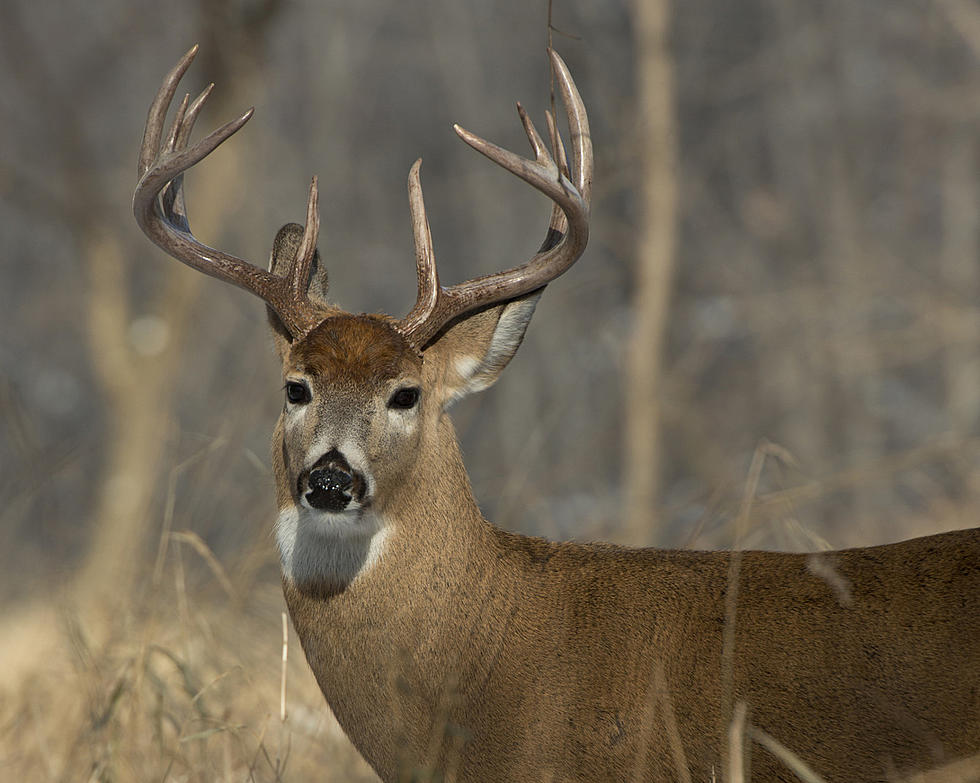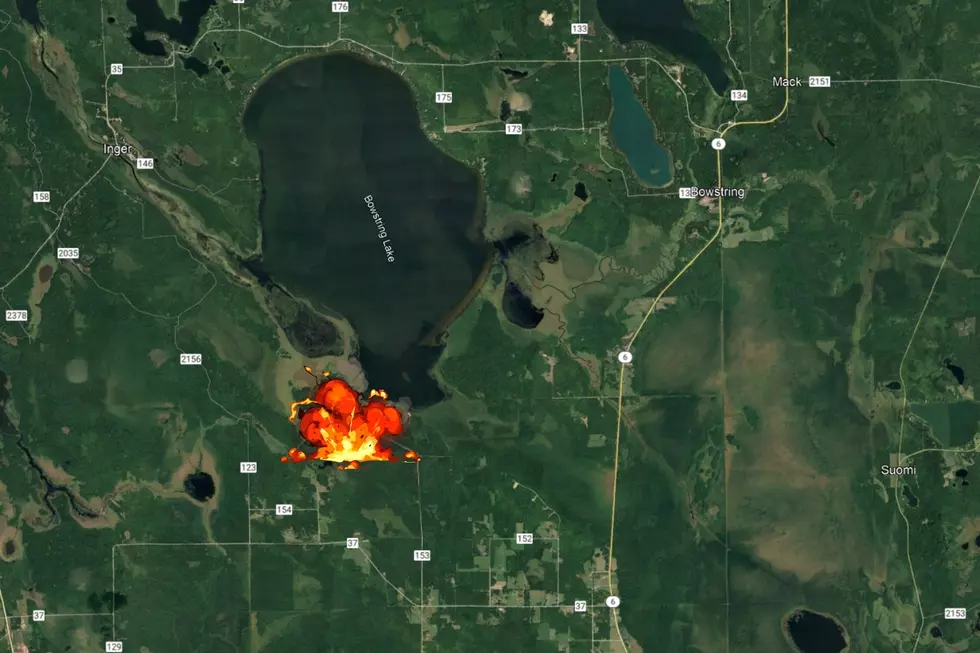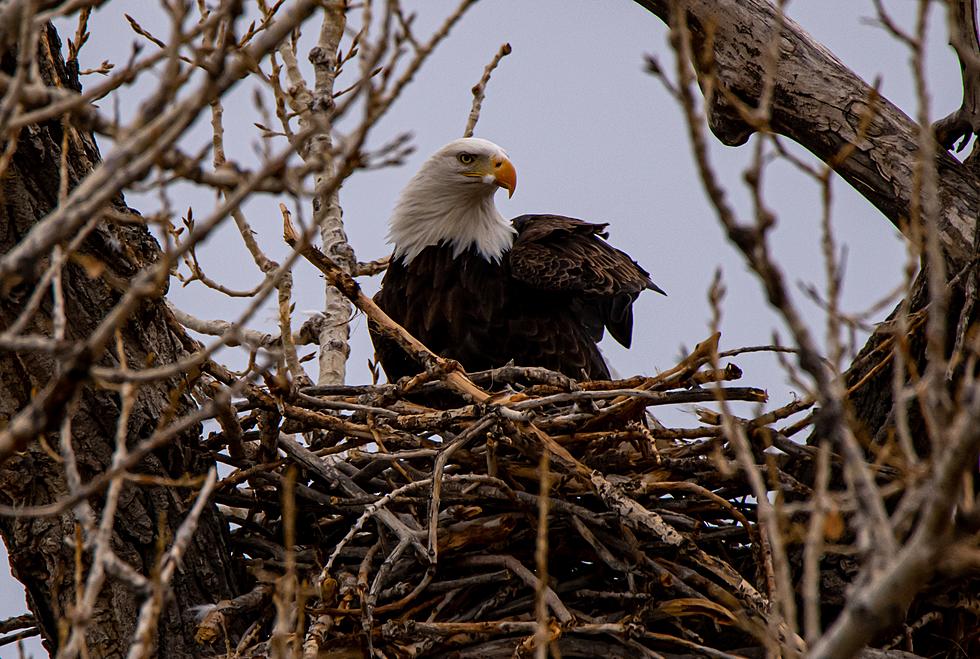
Areas Added, Others Removed from Deer Feeding Ban in Minnesota
Starting July 1st there will be some changes to where you can and cannot feed deer or use attractants in Minnesota.
The feeding and attractants ban is done to prevent large groups of wild deer in areas with a higher risk for chronic wasting disease.
Most of the counties around the Twin Cities have been added to the ban, which includes Hennepin, Washington, Dakota, Scott, Ramsey, and Rice.
Five counties will be removed from the ban, they include Kandiyohi, McLeod, Meeker, Renville, and Wright in central Minnesota. The DNR says that no new cases of CWD have been discovered in testing of wild deer in the last three years in those counties.
Here are the specifics of what is banned in these areas according to the DNR:
- Deer feeding includes placement or distribution of grains, fruits, vegetables, nuts, hay, and other food that is capable of attracting or enticing deer.
- Deer attractants are natural or manufactured products that are capable of attracting or enticing deer, including salt, minerals, liquid food scents, or any product that contains or claims to contain cervid urine (example “doe in heat”), blood, gland oil, feces or other bodily fluid.
If you are feeding birds, the DNR says you must do it in a way that prevents deer from accessing the feed.
Chronic wasting disease is a neurological disease that is fatal in white-tailed deer and was first discovered in wild deer in Minnesota in 2010, with more than 90,000 deer tested since 2002.
More From MIX 108









